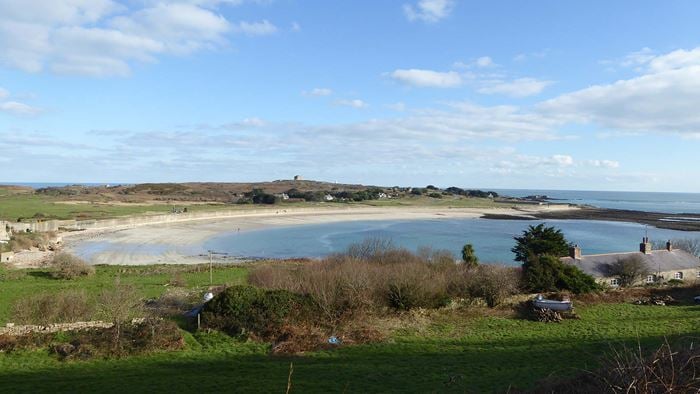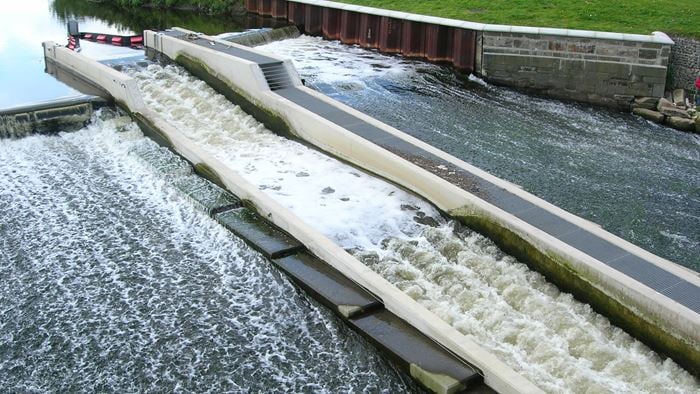In July 2008, Arup was appointed by England’s Northwest Climate Change Partnership to look at the impact of climate change on key business sectors and public service organisations in the region.
The aim of the study was to deliver an aspect of the partnership’s regional Climate Change Action Plan to “develop a range of regional climate change scenarios and undertake a climate impact assessment of key regional public and business sectors”.
Interviews with climate change experts
As part of the project, Arup also filmed a series of interviews with some of its experts in the field of climate change, exploring the effects that climate change will have on the north-west of England. These interviews informed the creation of the project’s reports.
Assessment and study
The introduction to climate change adaptation and resilience, available from the Northwest Climate Change Partnership website, is the first step towards developing strategies for businesses and public services and is a resource that will be reviewed and refined over time.
Arup conducted an assessment of expected regional effects of climate change up to 2080, following the preparation of an overview of information on climate change impacts. The UKCIP Business Areas Climate Impact Assessment Tool (BACLIAT) was used to develop an overview of possible sectoral impacts and to develop recommendations on possible adaptation actions.
The Arup team had reference to the latest available climate change impact projections and trends data provided by the UK Climate Impacts Programme (UKCIP), and reviewed and updated previous climate change scoping studies.
A multidisciplinary team
The Arup team provided in-depth understanding of climate change scenarios and impacts across the UK, local knowledge of the north-west region and its economic geography, and access to an extensive range of sectoral skills.
Arup was able to bring input from engineers with understanding of physical implications of climate change to aid understanding of risks associated with weather and relative resilience of various processes and infrastructure that support the region’s economy.
The firm’s planning policy advice and economics team oversaw the project with contributions from a wide range of specialists, including climate change scientists, economists, transport and logistic specialists, infrastructure engineers, construction professionals and energy specialists.
 ;
;





